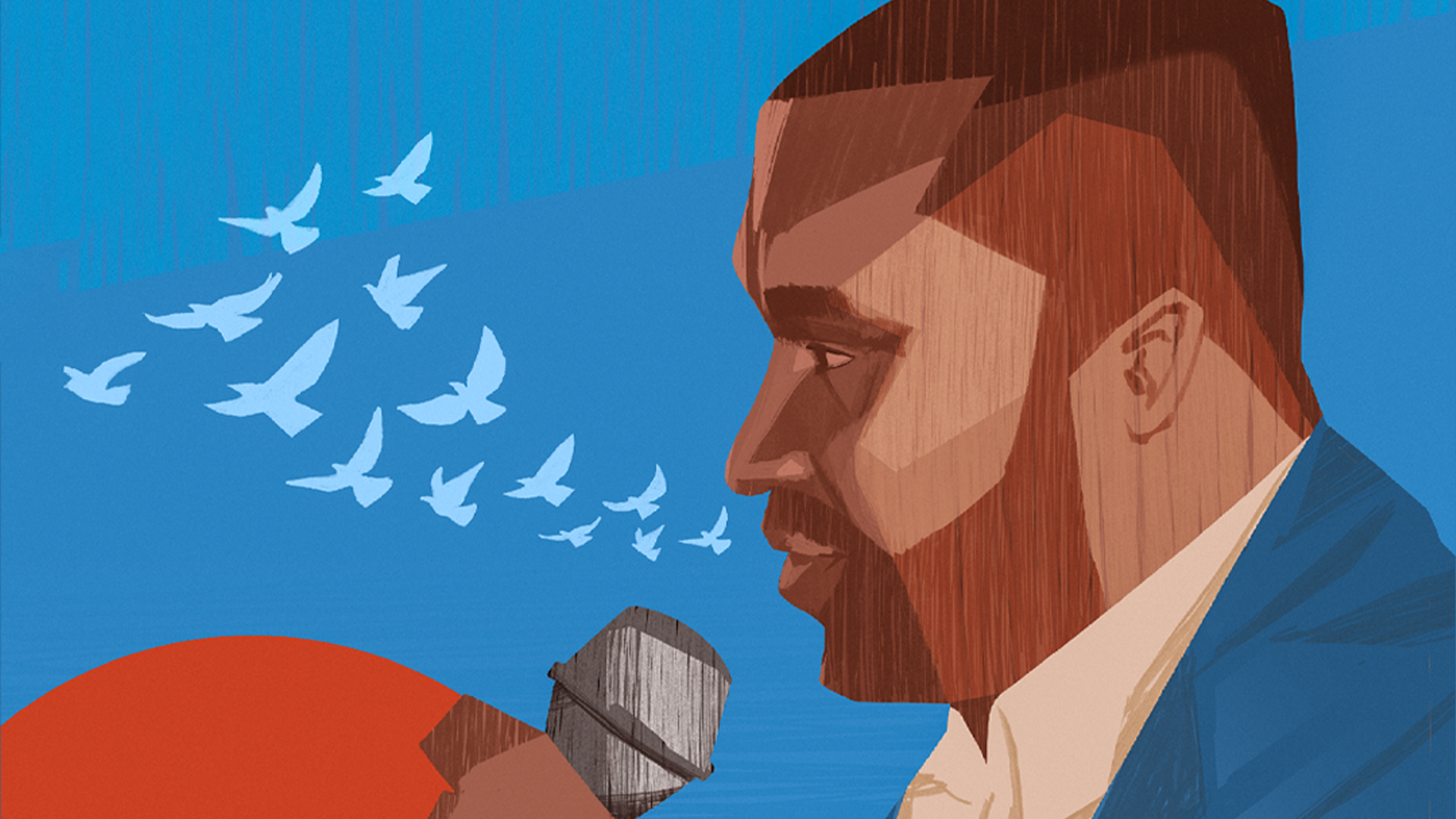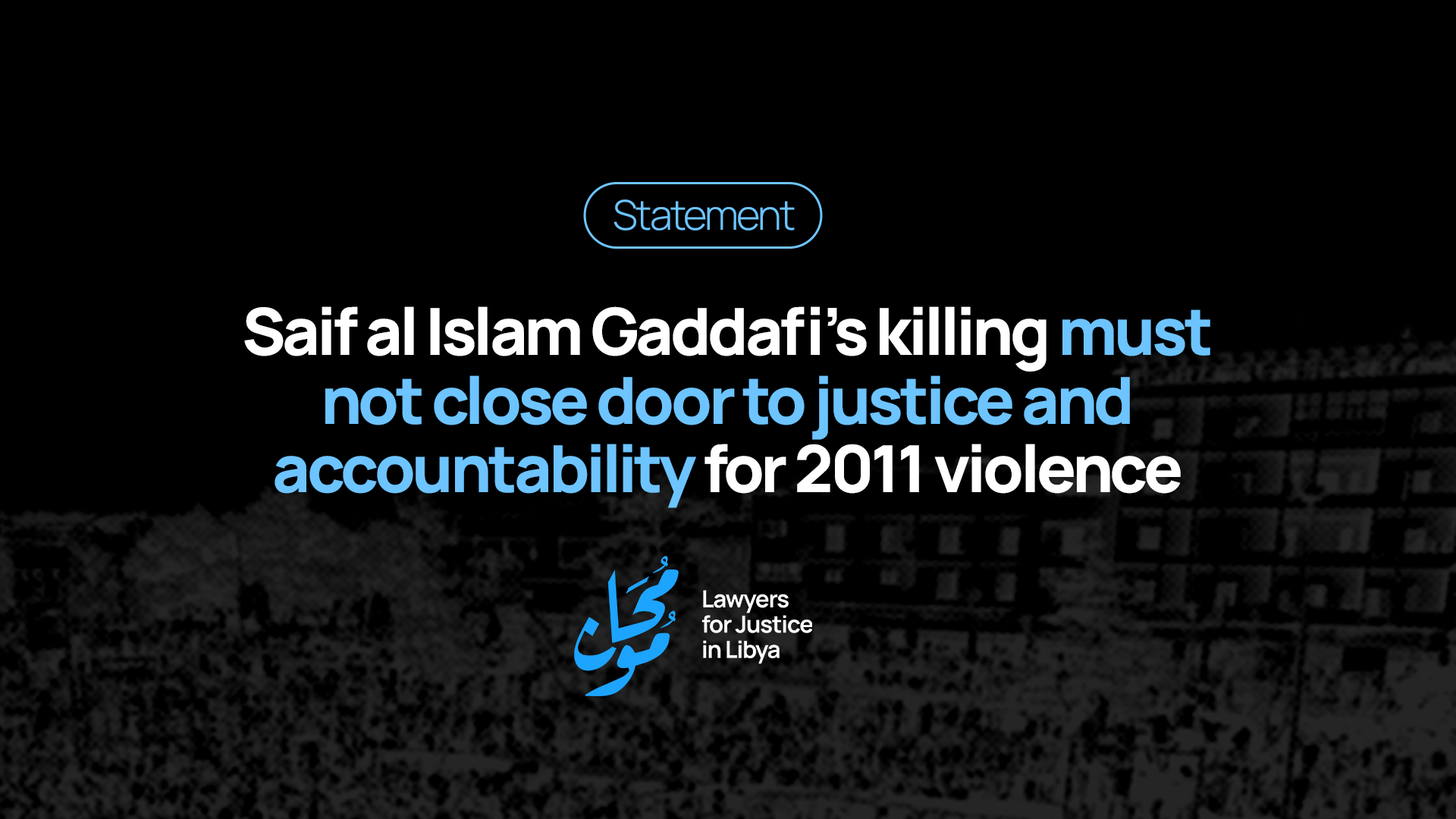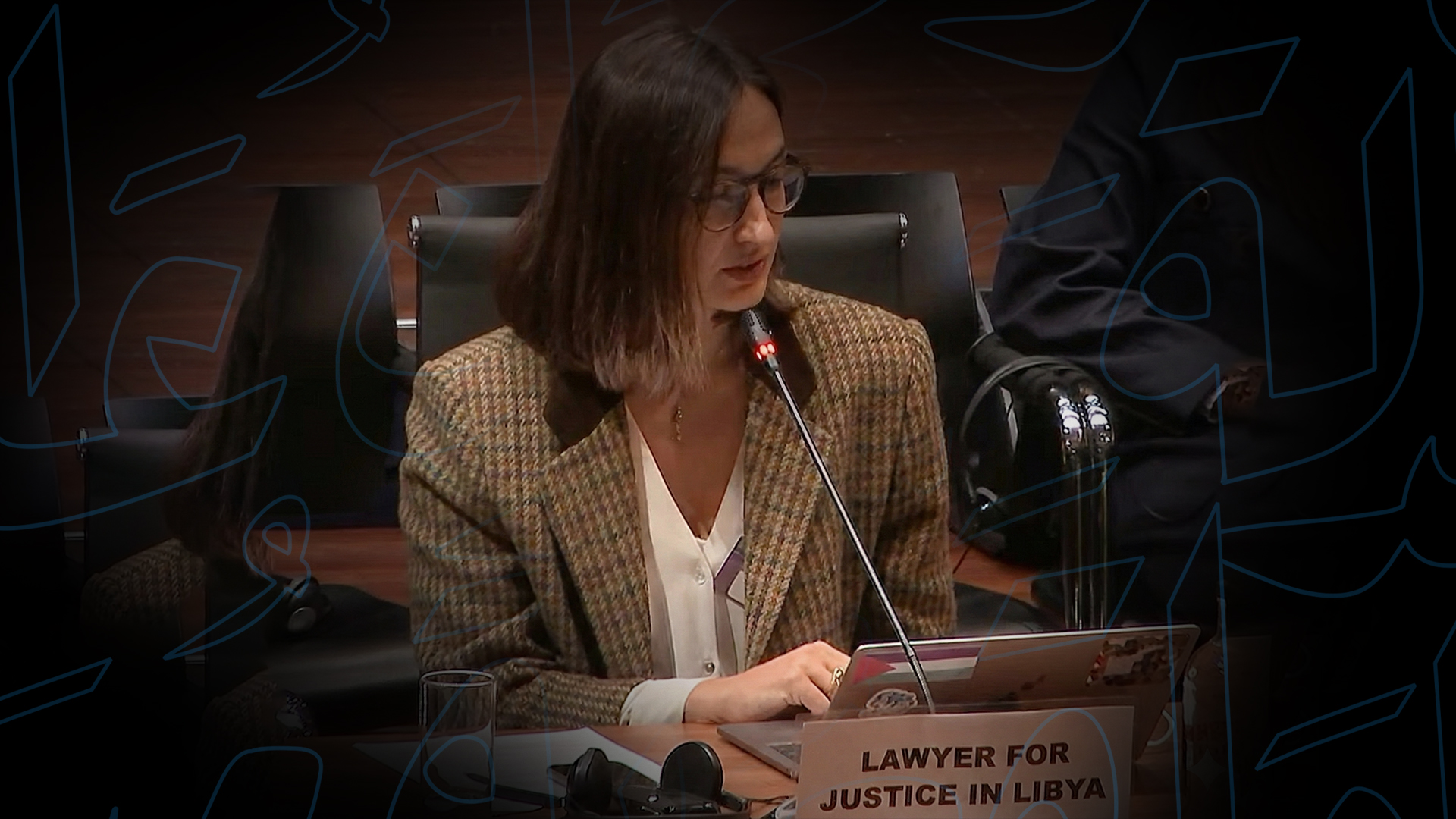EU-AU Summit falls short on protecting the rights of migrants and refugees
The two-day EU-AU Summit between African and European leaders concluded on 18 February 2022 with no new or specific solutions pertaining to upholding the rights of migrants and refugees in Libya and elsewhere along the central Mediterranean route.
Despite urgent and ongoing calls from human rights groups, European leaders have failed once again to put in place a plan to amend current policies that are endangering the lives of migrants and refugees, and exposing them to crimes against humanity and war crimes.
While Covid-19 and economic growth were top of the agenda, discussions on how to widen migration paths from Africa to Europe, which would begin to remedy the plight of migrants and refugees, were limited. Instead the summit closed with an agreement that commits states on both continents to a ‘Joint Vision’ for renewed partnership, centred around investment in energy, transport, digital infrastructure, health and education. Cooperation around migration appears to be an afterthought within the agreement.
Alarmingly, the Joint Vision does not commit states to take any practical rights-based steps to amend current EU migration policies and provide desperately needed protection to migrants and refugees in Libya. Although working “in full respect of international law and fundamental human rights” is assured within the agreement, the lack of a clear plan of action on how to achieve this means it is likely to remain an empty promise.
The EU must stop turning a blind eye to the serious harm their policies have on refugees and migrants trapped in Libya. LFJL reaffirms its call to the EU to:
- Agree to put an end to interceptions at sea and returns to Libya, and ensure that search and rescue operations comply with the principle of non-refoulement by facilitating the disembarkation of migrants and refugees at a port of safety in Europe where their rights can be safeguarded;
- Suspend any existing agreement in relation to migration management policies, and refrain from entering new ones with the Libyan authorities until they provide sufficient human rights guarantees, including an appropriate asylum framework;
- Increase resettlement quotas for refugees from countries along the central Mediterranean route and invest in the administrative capacity of countries of origin, transit and destination to ease and expedite the resettlement process;
- Broaden access to labour migration directly from countries of origin, especially for low and medium-skilled workers.





